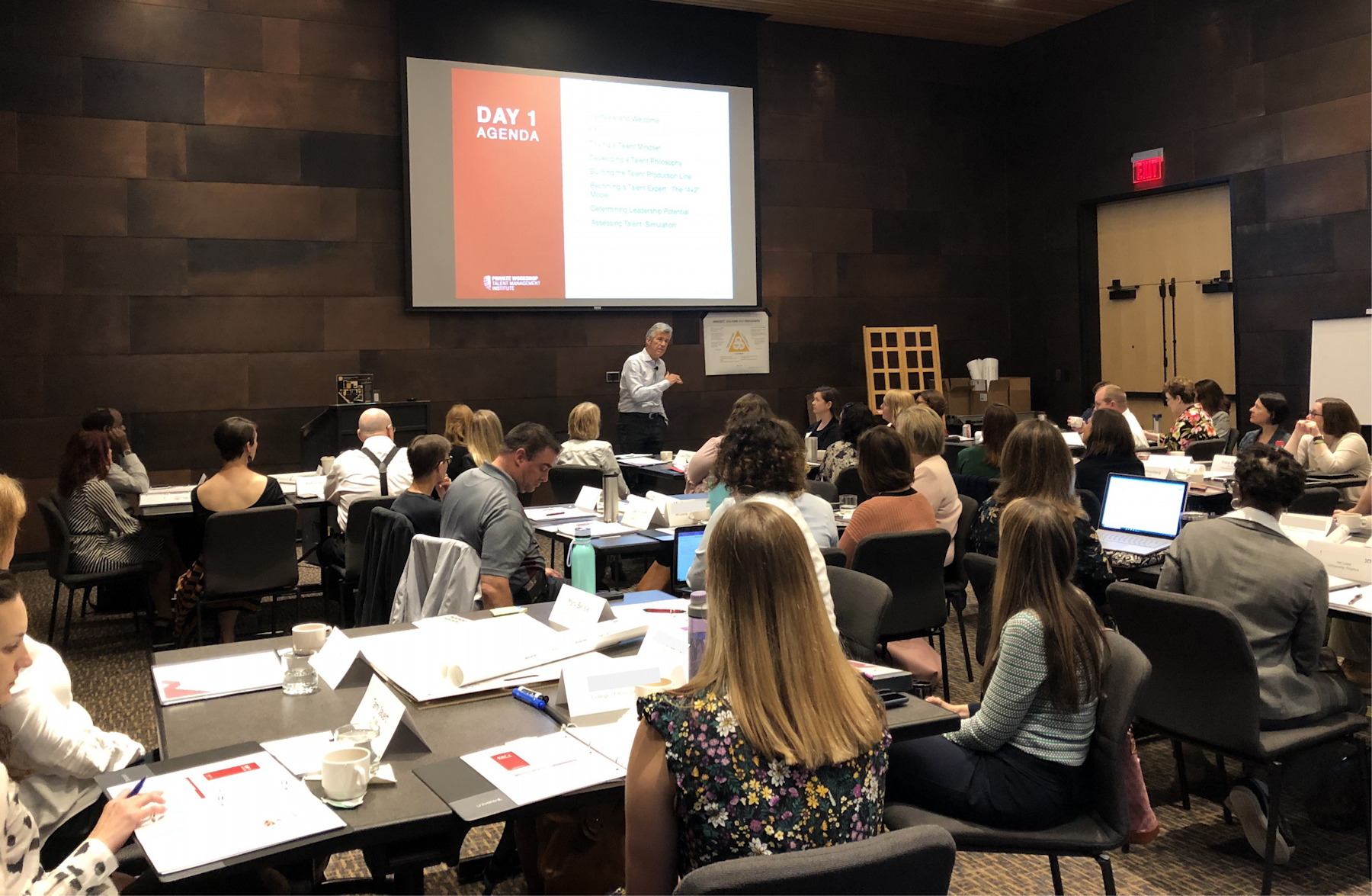Create talent-building leaders
Our global Talent Management Institute courses, custom TMI workshops and custom HR development programs transform leaders and HR teams. We are the world’s #1 executive education provider on talent management.

TALENT MANAGEMENT INSTITUTE - PUBLIC PROGRAMS
Leaders become talent-builders at TMI
Join more than 6,000 successful TMI graduates in one of our public programs offered globally.

Talent Management Institute - Private Workshop
Bring the power of TMI
to your organization
to your organization
Customize the Talent Management Institute to your specific needs and develop HR and line leader capability in our one- and two-day private programs.